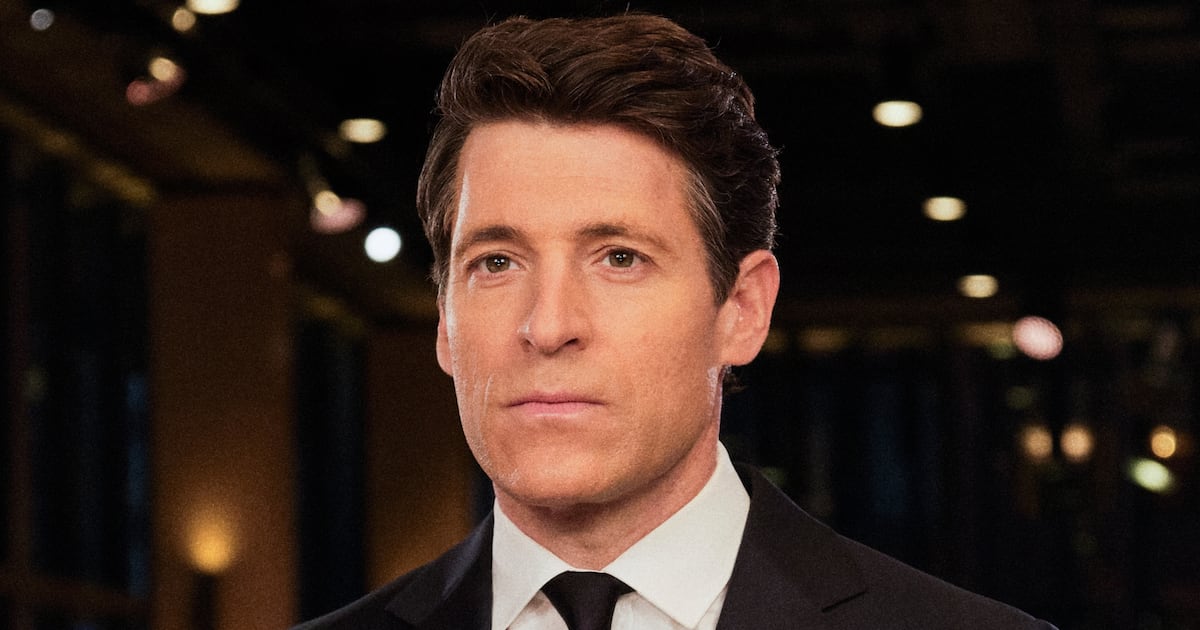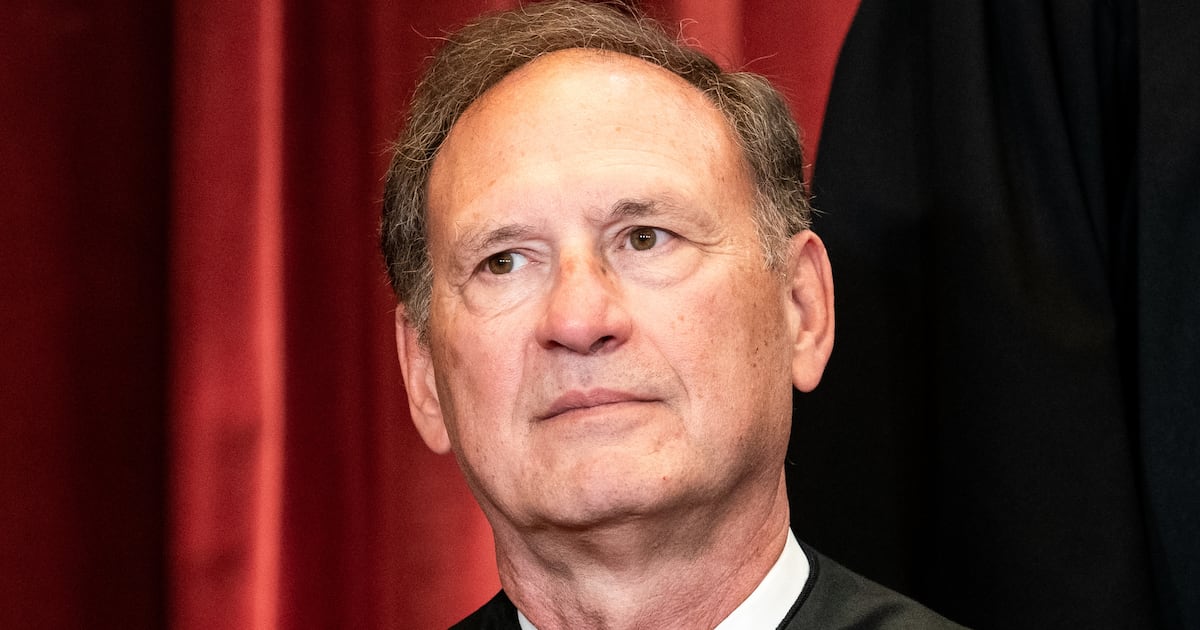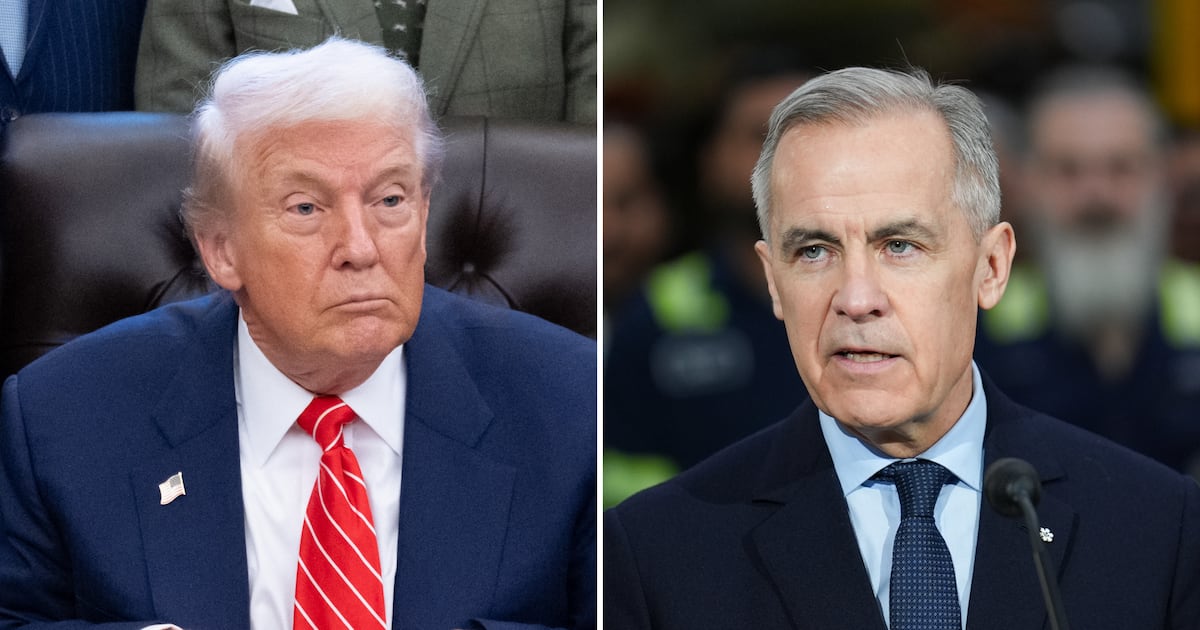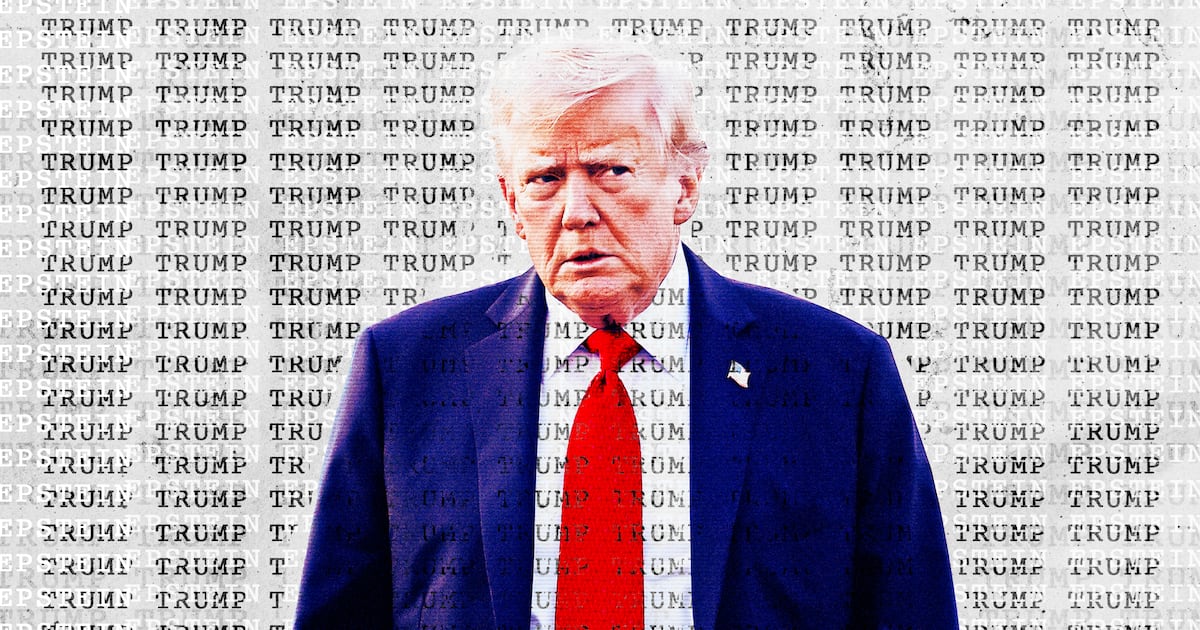What a difference a Supreme Court decision makes.

For the last two years, legal scholars, and activists, including this writer, have warned of the campaign to carve out “religious exemptions” to civil rights laws affecting women and LGBT people. That had happened before, we warned, when the religious right tried and failed to get exemptions to civil rights laws affecting African Americans, back in the 1970s and 1980s. But this time, it seemed to be winning.
Now, on the same day, major LGBT organizations and Democratic legislatures have struck back against the co-opting of “religious liberty” to justify discrimination.
First, all but one of the major organizations promoting the Employment Non-Discrimination Act (ENDA) pulled their support over the issue of religious exemptions, leaving the Human Rights Campaign, the most “establishment” organization of the bunch, reviewing its own position.
Then Sen. Patty Murray (D-WA) introduced a bill that would effectively override Hobby Lobby and forbid employers from withholding health coverage based on religious objections.
To be sure, both gestures are largely symbolic. It was highly unlikely that ENDA would pass the Republican-controlled House in this election year; religious conservatives tally up anti-gay votes the way environmentalists tally up pro-environmental ones. And it’s even less likely that Murray’s bill will reach the House floor.
But symbols matter. And the withdrawal of the National Gay and Lesbian Task Force, the ACLU, Lambda Legal, and the National Center for Lesbian Rights from support of ENDA shows that the progressive movement is taking the issue of religious exemptions seriously enough to tank one of its major legislative priorities for 2014.
“The morning the sun rose after the Supreme Court’s Hobby Lobby ruling, we all woke up in a changed and intensified landscape of religious exemptions being used as an excuse to discriminate,” writes Rea Carey, executive director of The Task Force, in The Advocate. “The reality is that while politics is about compromise, some compromises are too great.”
Carey noted that the “moral and political inconsistencies” of pressing President Obama for a narrow exemption in his executive order on nondiscrimination while at the same time supporting a broad exemption in ENDA could not be reconciled.
As well they shouldn’t be. Arguably, an exemption-filled ENDA would win the battle and lose the war. Yes, it would gain much-needed protection for LGBT people who can be fired simply for being gay, bi, or trans. But it also would enshrine into law a broad religious exemption just a hair shy of that in Hobby Lobby.
Now that religious exemptions are finally getting the attention they deserve, it’s worth understanding what we’re talking about.
Think of religious exemptions as a series of concentric circles. In the smallest circle—call it Level 1—are churches and ministers. Here, almost no one disputes that some religious exemptions are justified. For example, no church and no minister should be compelled to perform a gay wedding if their religion forbids it, right? That should be an easy one. And no religious denomination should be forced to ordain gays or women as priests, right? Also an easy one. Priests are not just employees, and the First Amendment makes religion different from other parts of life. The government can’t regulate it in the same way.
Well, what about a Sunday school teacher? In 2012, the Supreme Court held unanimously that teachers who fulfill religious functions also are exempt from non-discrimination law. The “ministerial exemption” covers minister-like people, too.
So far we’re still on Level 1, though. Now widen the circle to religious organizations: denominations, for example. Here, too, most activists support some religious exemptions, but maybe not as many. If you’re a church official working for your denomination, maybe. But what if you’re a secretary or working in the cafeteria? Notice how the question gets murkier.
It gets even more complicated on “Level 3,” religiously affiliated organizations. Until Hobby Lobby, this is where the debate took place. Catholic hospitals, Catholic charities, nursing homes, schools, universities—these are huge organizations, with tens of thousands of employees. What about them?
When Obamacare was rolled out, there was no exemption for this wider circle of organizations. The Catholic Church—more specifically, the United States Conference of Catholic Bishops, which technically is independent of the church hierarchy itself—went ballistic. And so, in a compromise, the Obama administration widened the religious exemption to include all these organizations.
Did the Level 3 compromise work? Hardly. The result of the administration’s compromise was Hobby Lobby, an attempt to “move the chains” to an even wider circle, private corporations whose owners are religious. That’s Level 4. And we all know the result: Some of them, too, are exempt from Obamacare’s contraception requirement, and perhaps also from anti-discrimination laws.
Work in a cafeteria at Georgetown? Your boss decides your medical coverage. Work at Hobby Lobby? Same thing.
ENDA had a “Level 3” exemption in it, the same exemption as the Affordable Care Act compromise. Not as far as Hobby Lobby, but far enough for ENDA’s backers to realize that they were playing into the religious right’s hands. By going out with such a broad exemption, they, too, were moving the chains.
Even Level 4 isn’t the end of it. In New York state’s same-sex marriage debate, some conservatives wanted an individual exemption—call that Level 5. If that had gone through, any individual who didn’t want to recognize my legal marriage wouldn’t have to do so. The result would have been pandemonium; I could be married at the movie theater but not at the bar afterward.
It should now be clear that Level 5—individual exemptions by whoever proffers a religious justification—is the real end goal. We’ve already seen this in action, not just in marriage cases but in anti-bullying laws. Yes, the bullies have their lobbyists, too: “religious liberty” activists who say that if the bullying has a religious justification (e.g., God Hates Fags), then it shouldn’t be regulated by the state. The endgame, it is now clear, is the total evisceration of laws the Christian right didn’t like to begin with.
That’s where this “religious liberty” movement is headed, and that’s why ENDA has died as a result of friendly fire. Because its backers have suddenly realized the real battle, and the stakes.






